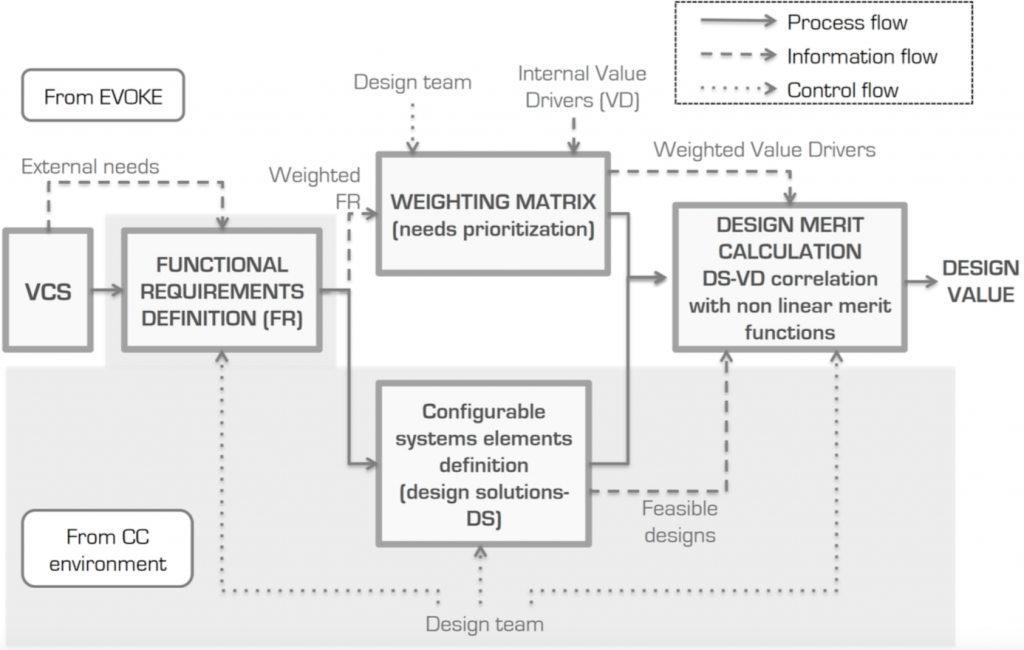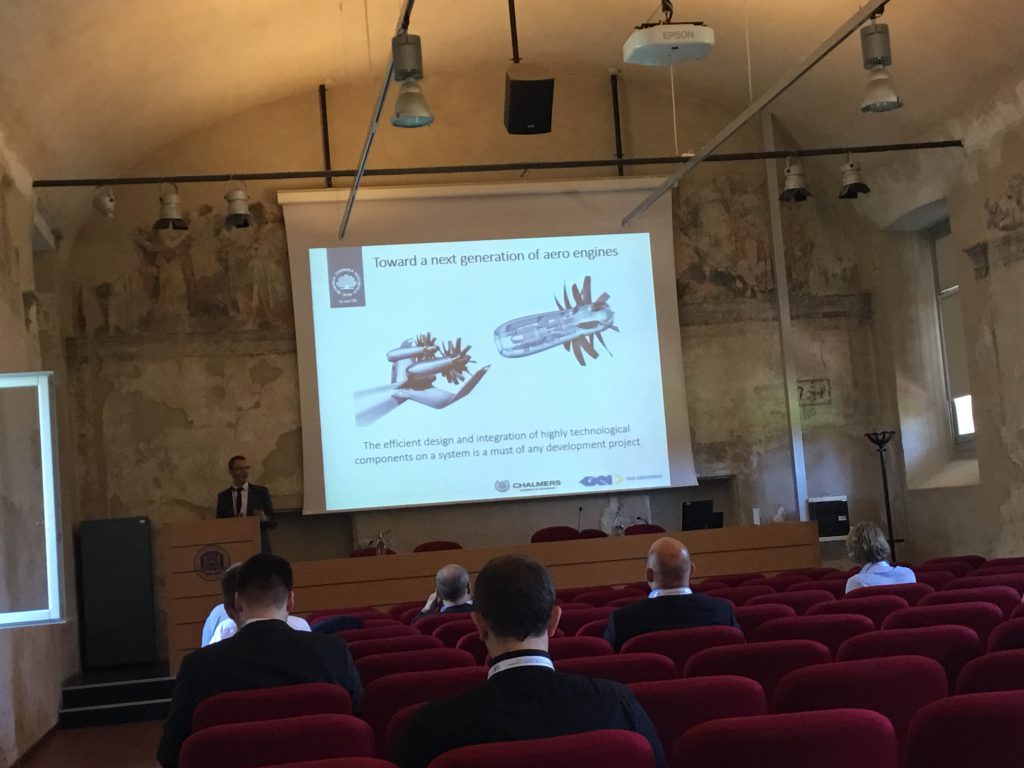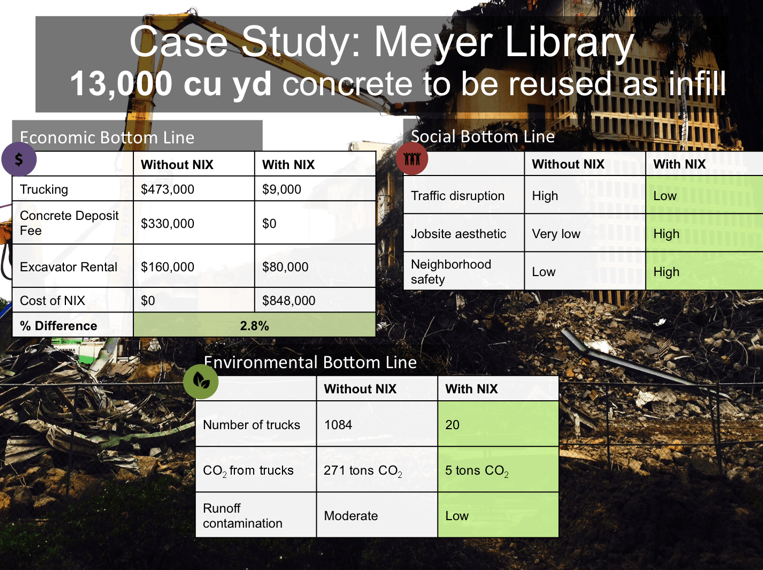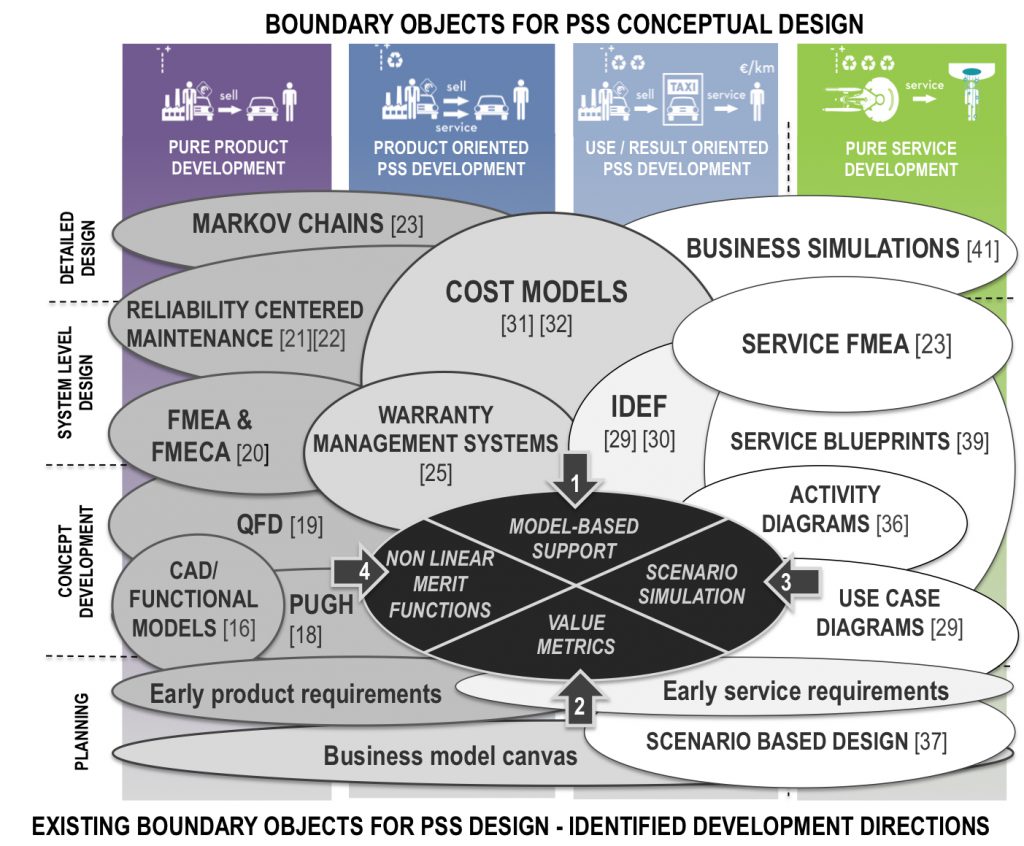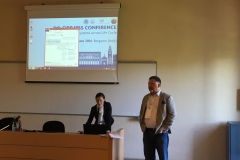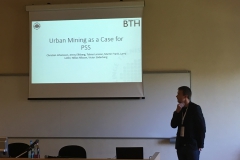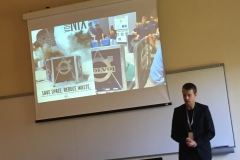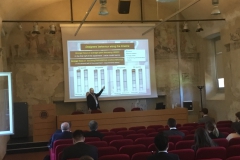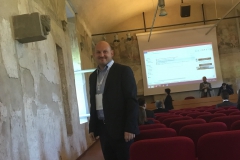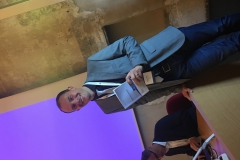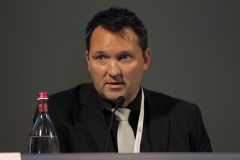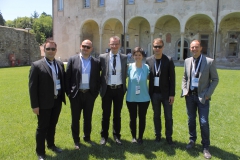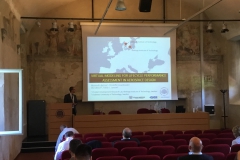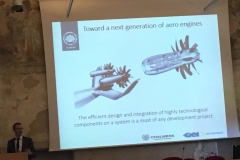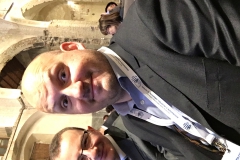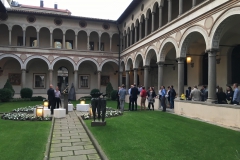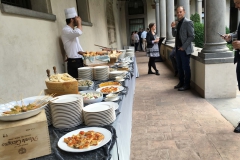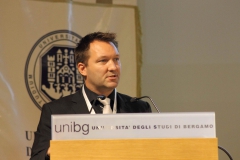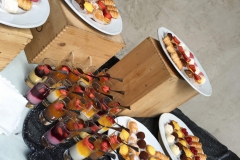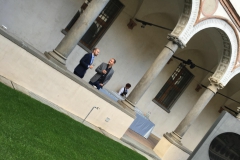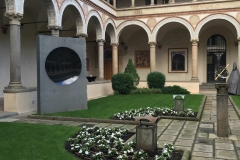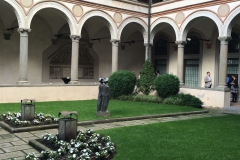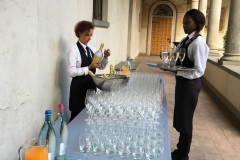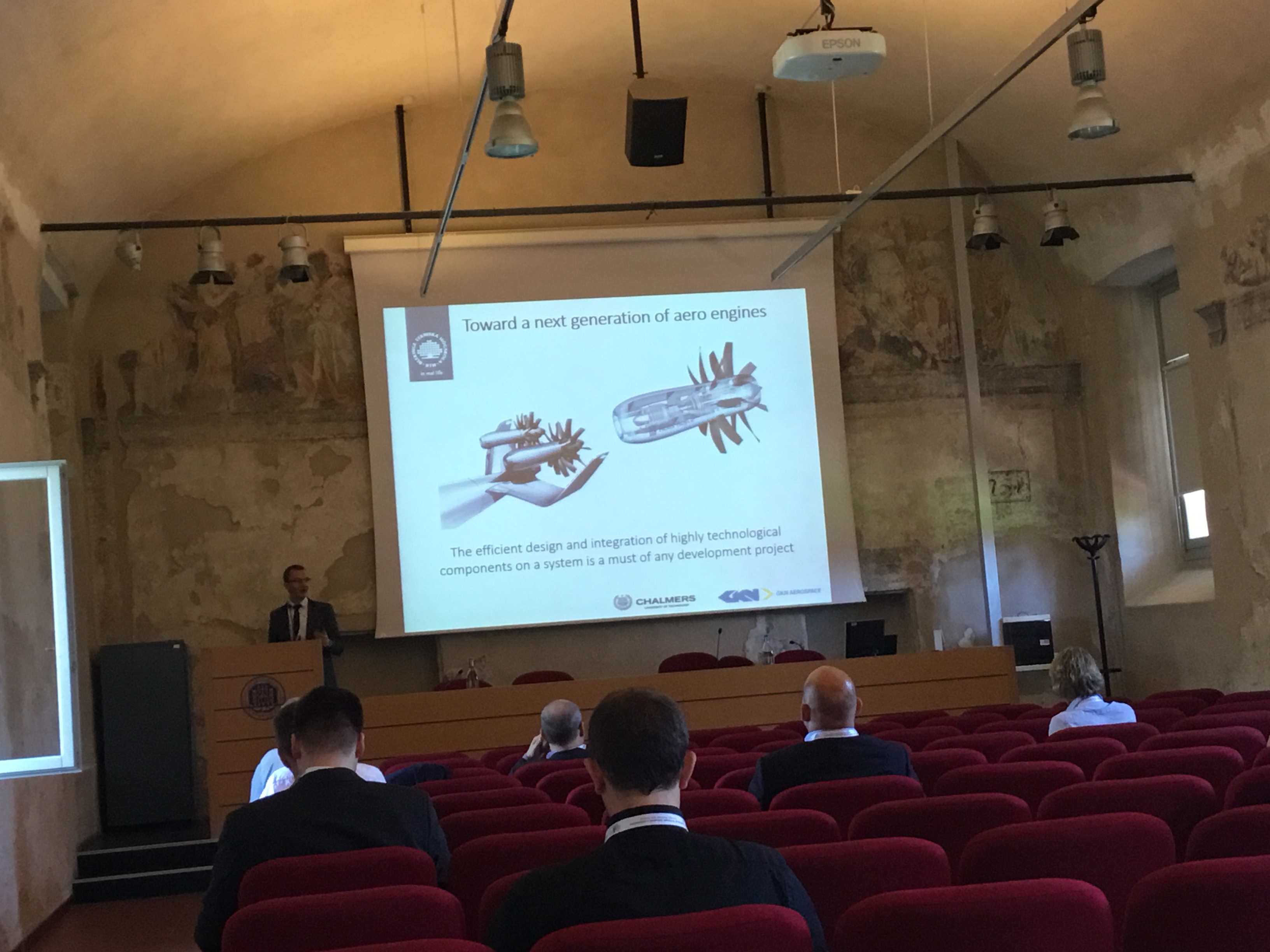
The state of Product Service System Research – IPSS 2016
- Post by: Tobias Larsson
- 23rd June 2016
- No Comment
The 8th CIRP IPSS CONFERENCE Product-Service Systems across Life Cycle was held 20-21 June 2016 in Bergamo (Italy).
PDRL participated with 4 papers and a keynote. The conference in total had 95 papers and about 130 participants, all glad to see the large industry participation. Industry is getting keen on understanding how they deliberately can develop PSS solutions that are valid in terms of sustainability, economy and also customer value (B2B/B2C). Next conference will be in Copenhagen at DTU, IPSS 2017.
Keynote
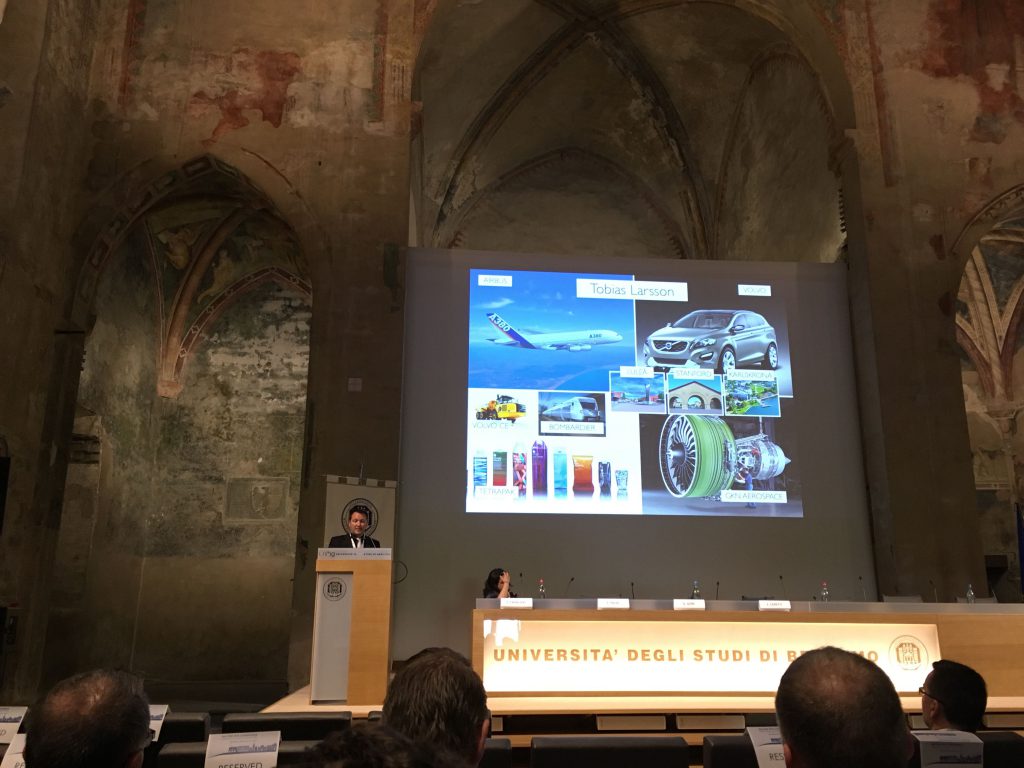
Professor Tobias Larsson opened the conference with a keynote on disruptive technologies and their ability to support the transition towards PSS and a circular economy. During the conference plenty of references in the discussions went back to this keynote on how to manage change.
Research presentations
We presented four research papers at the IPSS. Here follows a rundown of the take-aways.
Guiding question: How can Set-Based-Engineering be expanded to address the “servitization” challenge?
Identifying the most valuable design concept in complex system design is an main challenge for companies. The PSS parading further emphasizes this problem and asks for simulating alternative usage scenarios since an early phase.
To cope with this challenge, the paper proposes a process to enhance Set-Based-Engineering by value modeling techniques, functional modelling modules and configurable systems elements for platform-based design. The design of an aero engine turbine module offered a great test-bed to implement and verify the proposed process.
Christian presented the paper Urban Mining as a Case for PSS, which is based on the collaborative projects on Urban Mining with Stanford University and Volvo Construction Equipment. The paper is based on student projects and master theses, which tool the starting point at the the depletion and pollutant of the earth by human interference and the increasing need for urbanised areas and which will require us to think differently about how we go about achieving this increased urbanisation.
Due to high specialisation of construction equipment for this context, as well as sustainability being an important factor, product-service systems are suggested as a way forward in this area. The idea is to transform from a traditional construction and demolition perspective towards a PSS-based construction product for an urban mining environment, incorporating a circular economy perspective.
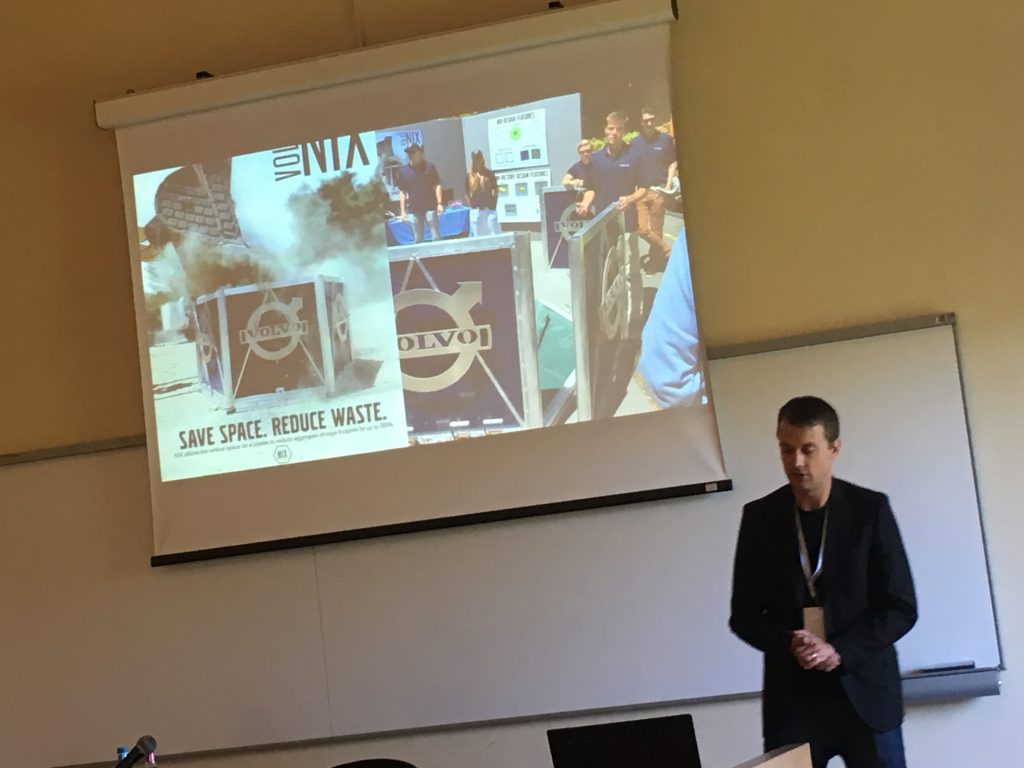
Opportunities for improved sustainability lies both in application – within an urban mining site – and in the enabling technology – when technology is specialised, owned by the provider, and utilised by multiple partners.
A modification to the common business model notation of business model canvas, with guiding questions is suggested.
Questions and discussion focused on the need to broaden the perspective of urban mining beyond the logistical gains that were observed with the alternative way of approaching concrete recycling and construction, to assess and compare with extraction of valuable metals from buildings. Further developments of the business model canvas was also suggested and discussed.
Guiding questions: How can negotiations between hardware and service design teams be supported? How shall ‘objects’ that support such negotiation look like?
Let’s picture a situation where the technology team wants to install a more powerful and bigger engine on a vehicle to improve performances, and the service team wants to improve accessibility to the engine compartment to facilitate maintenance operations. These objectives are somehow conflicting, and the teams need to elaborate on such trade-offs in search for solutions. These negotiation activities are often supported by objects, often named ‘boundary objects’ in literature for their ability to cross boundaries between people and disciplines.
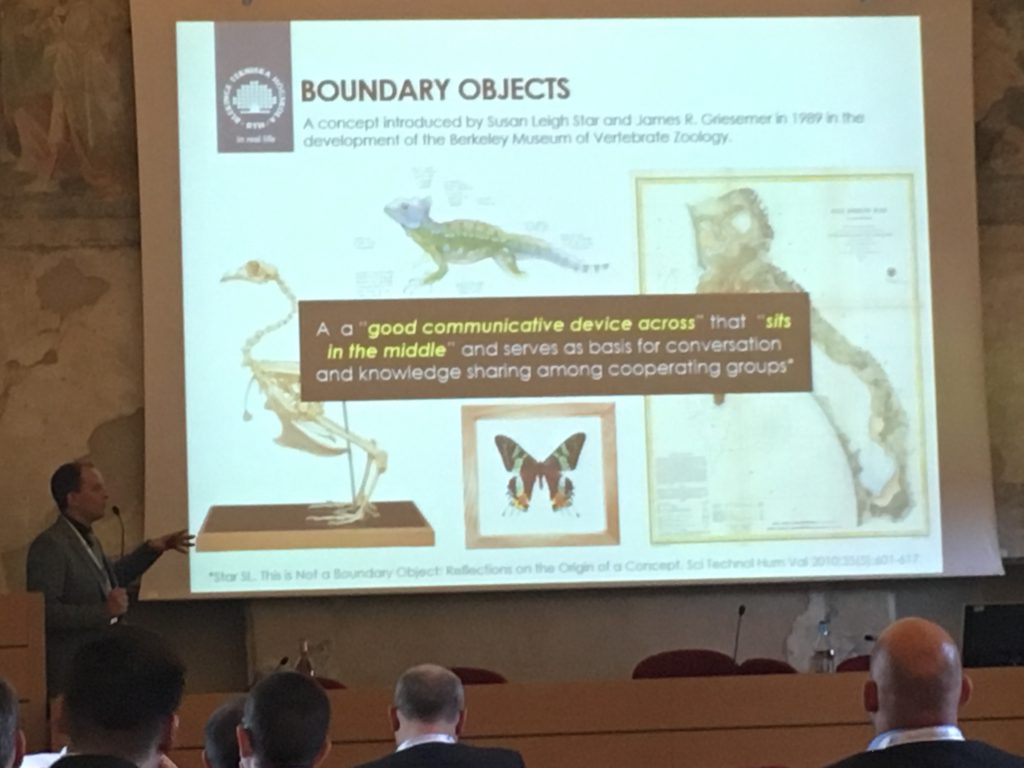
The paper goes in search and draw a map (see above) of existing ‘boundary’ objects for PSS design. Then, emerging from a cross-company study in the Swedish manufacturing industry, it draws 4 main directions for the development of more effective objects. These take the name of ‘value models’, and have been further detailed and verified in the paper below.
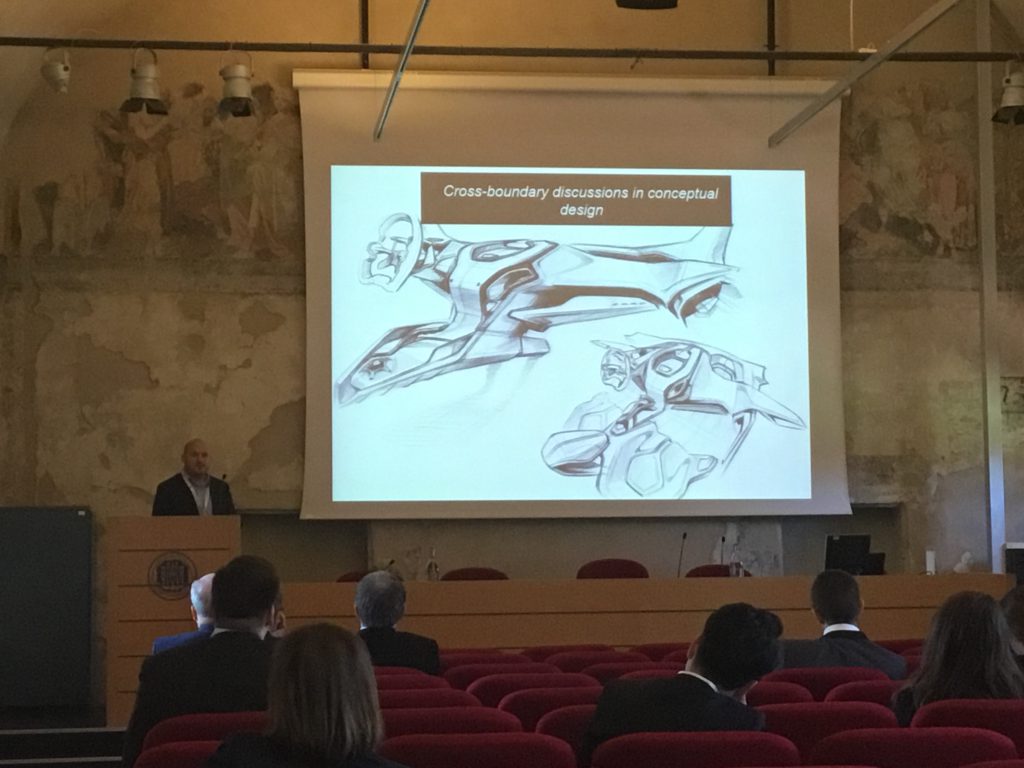
Guiding questions: How do value models support negotiation of hardware vs. service objectives in PSS design? How can ‘effectiveness’ of boundary objects for PSS be measured?
Following up the above discussion on ‘objects’ facilitating negotiation in the earliest PSS design stages, the paper describes an experimental approach to measure the effectiveness of value models as ‘boundary objects’. The experiment employs protocol analysis to compare student teams using value models vs. requirement checklists, in the task of a sub-system for an asphalt compactor. The resulting patterns reveal that value models have the ability to facilitate cross-boundary discussion in the early phases of the PSS design process, and to provide a common platform for knowledge sharing in the cross-functional team.
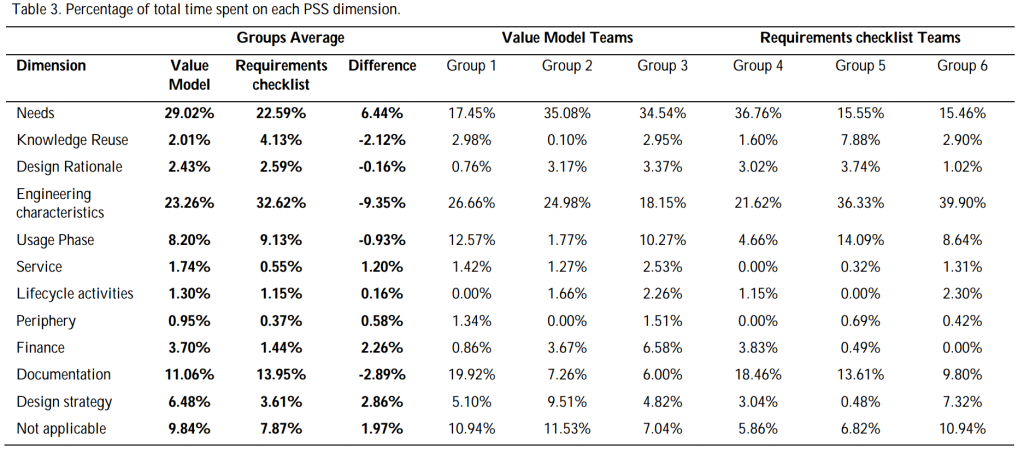
Venue
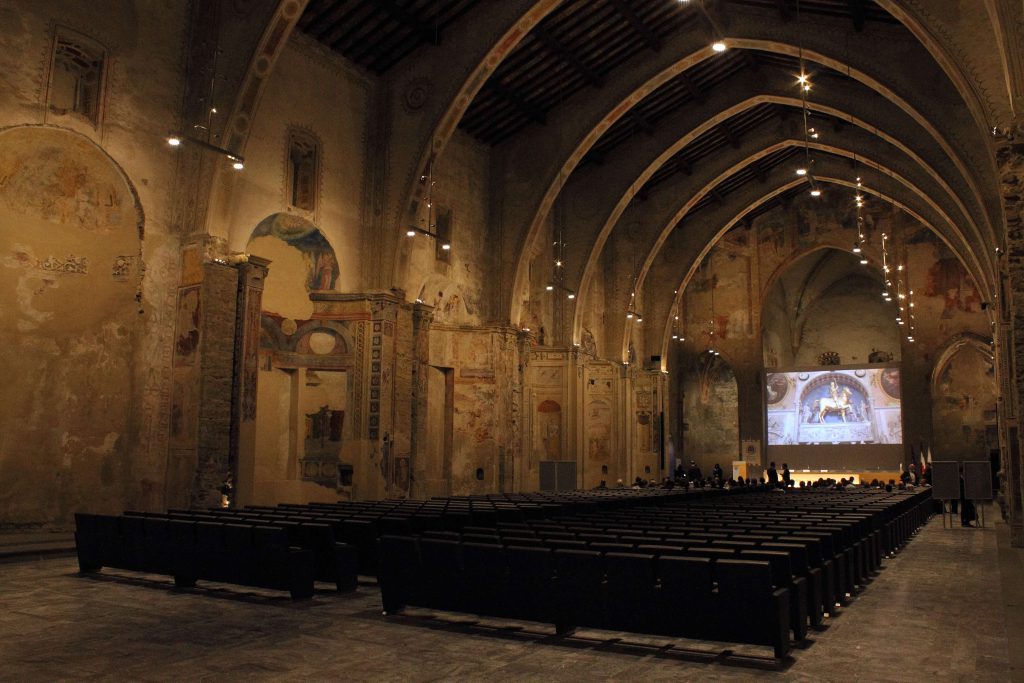
Hosting the conference in medieval Sant’Agostino chiostro, surrounded by the beautiful Cittá Alta, was a smash hit! It gave a nice framing of the conference and at the same time the excellent timing of the sessions allowed for some RnR in order to also have the ability to experience the culture of Bergamo. The food and entire arrangement was excellent and simply top notch!
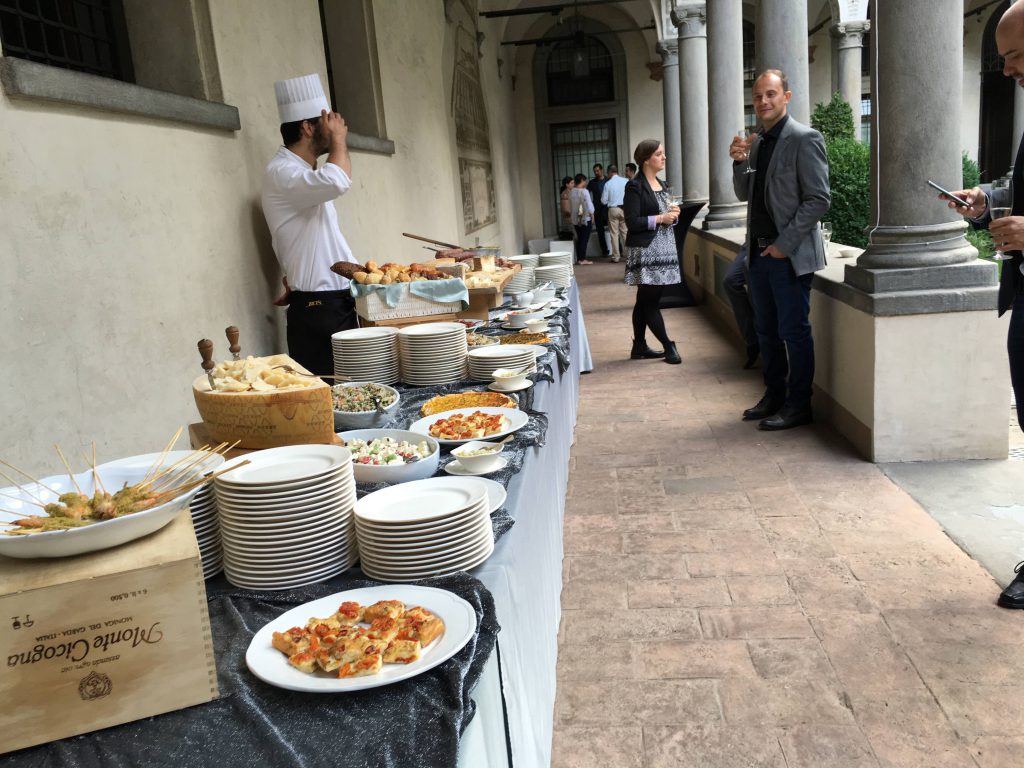
The team
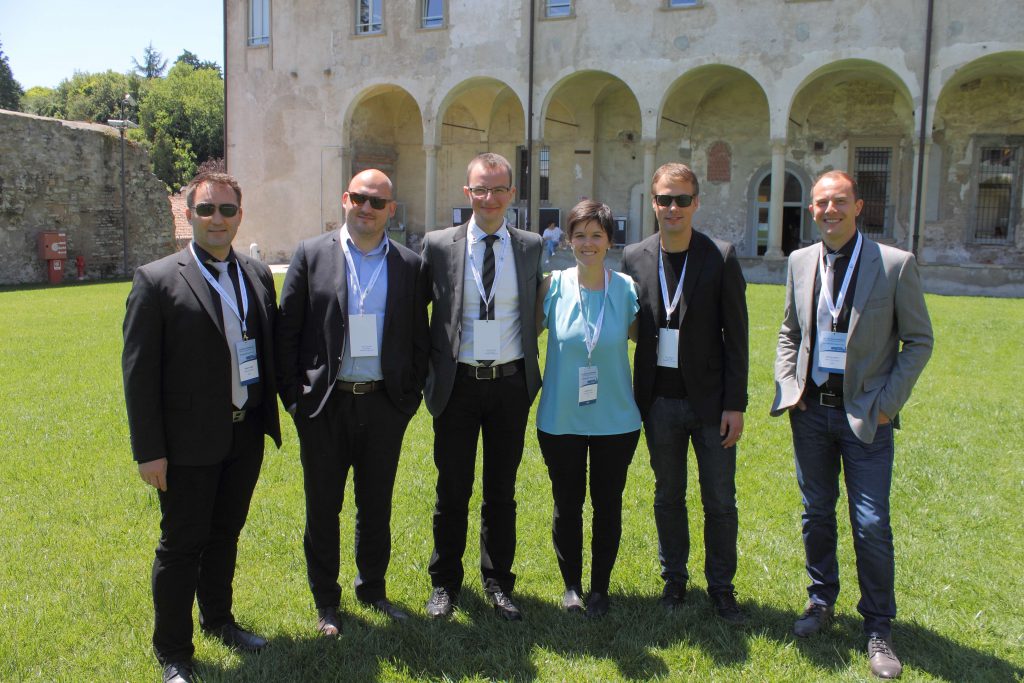
Alice Rondini, a PhD student from University of Bergamo will join PDRL as guest researcher during the autumn. She’s a PhD student of Guiditta Pezzotta, and is looking into Product Service Systems Operations, supported by ABB. During her stay at BTH, she will explore innovation aspects of PSS, and will also collaborate with ABB in Västerås while being in Sweden.
Marco receives award
In the closing session of the conference awards were handed out and Marco Bertoni received the “Best Reviewer Award” for his work and feedback in the reviewing process, awesome!
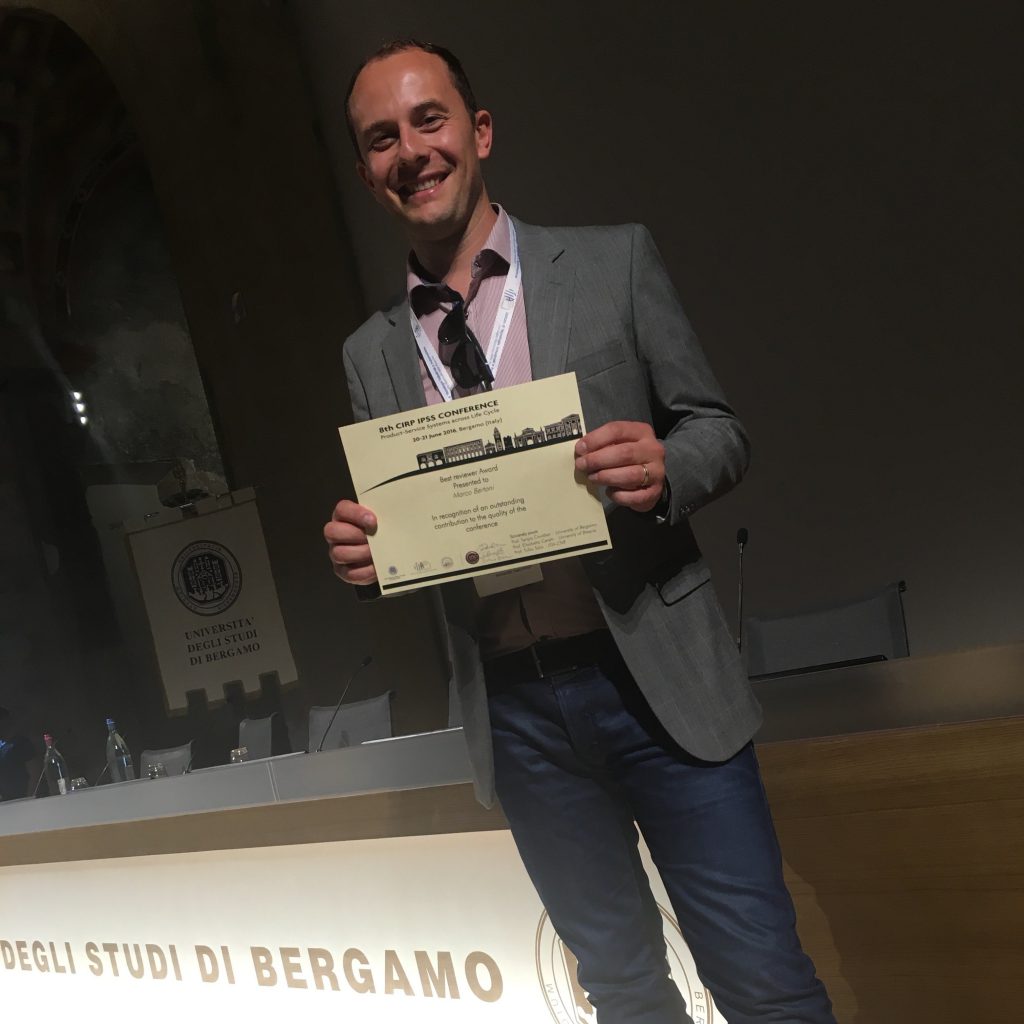
Reflections
Some words on the positives in PSS research and what we still miss.
- The business opportunity created by the development of bundled product/service offers is widely recognized in industry (striking examples were presented by ABB and Fincantieri)
- There is still a lot of work on frameworks but still a lack of methods and approaches to actually deliver PSS.
- How to facilitate the process of finding trade-offs between hardware vs. service objectives is an open question in the community.
- PSS is often more about people than tools. Injecting new and cross-functional competencies in the organization was mentioned as crucial factor by the industrial partners to drive the transformation.
Acknowledgements
The research presented at the conference has been carried out within the research profile Model Driven Development and Decision Support, and within VITUM. We are very grateful for the support of our research partners and the funding agencies of The Knowledge Foundation and VINNOVA, together with informants and colleagues that helped perform the research.
Photo library

